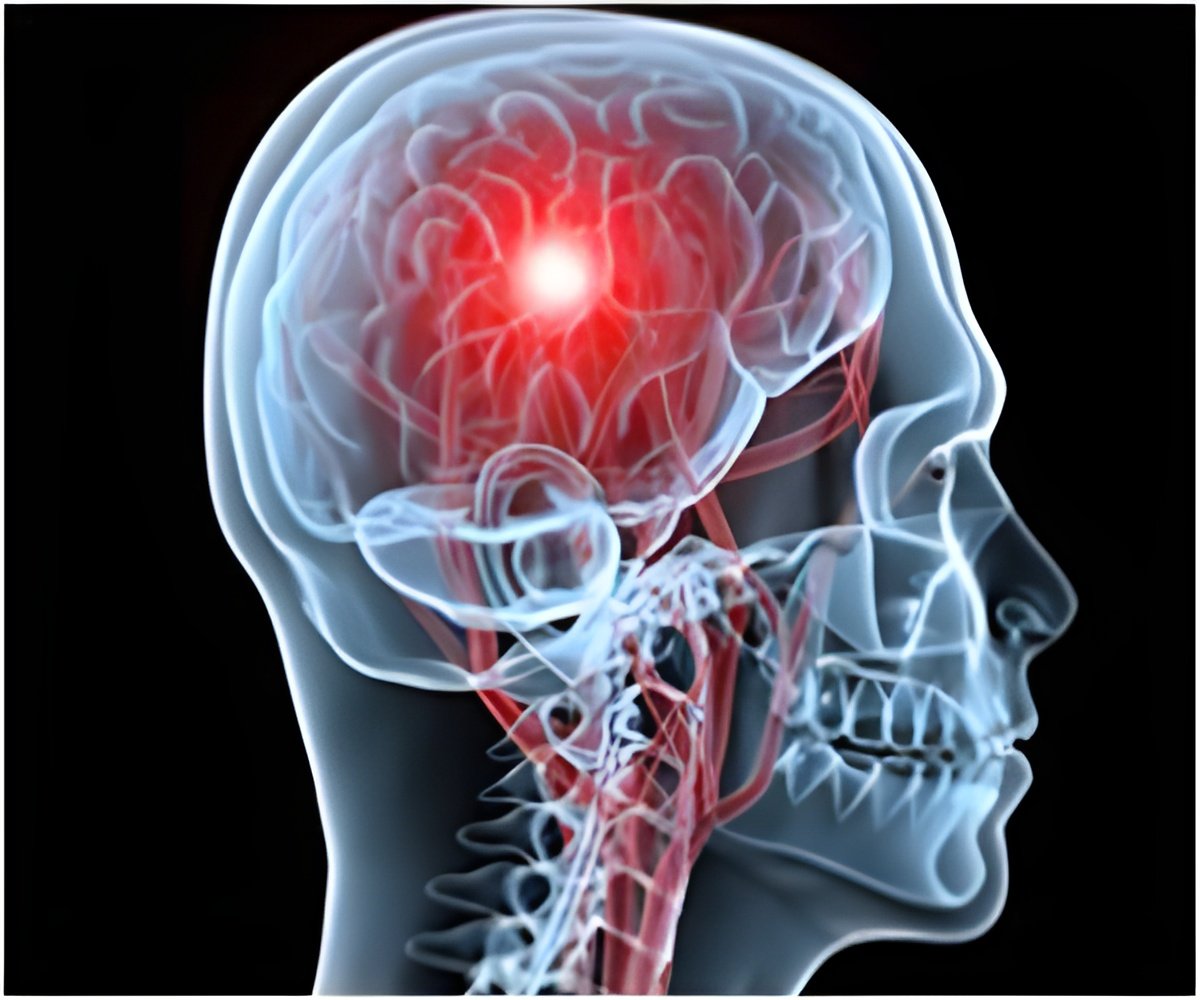Brain stimulation offers significant relief to adults suffering from severe epilepsy. The news offers new hope to those overwhelmed by intractable seizures.

The NeuroPace Responsive Neurostimulation (RNS) System consists of a miniaturized, implanted computer which can detect seizures from electrodes implanted into or on the surface of the brain and deliver an electrical pulse to stop them.
Henry Ford Hospital was the only site in Michigan to participate in this multicenter investigation, which was based in California. The study is published in the current issue of Neurology.
“For the third of people who have tried two or three medications for their epilepsy, but are still having seizures, the standard of care is removing the abnormal part of the brain that is causing seizures. Over 50 percent of patients undergoing surgical removal of brain tissue causing seizures will be cured of their epilepsy,” says Jason M Schwalb M.D., Director, Movement Disorder and Behavioral Neurosurgery at Henry Ford Health System.
“However, there are people who are not candidates for this type of surgery because of potential side effects. Until now, we have not had great treatment options. The RNS system is an attractive option for these patients, especially since it is reversible.”
A total of 191 adults, ages 18 to 70, whose disabling epileptic seizures had not been controlled by at least two medications, were chosen. They were studied at 32 medical sites throughout the U.S. for three years, beginning in late 2005.
Advertisement
The researchers found:
Advertisement
• When those in the sham group had the RNS system turned on, seizures were significantly reduced.
• There was no difference between the two groups in the number of adverse events associated with the treatment.
• The effects of the treatment led to significant improvements in patients’ quality of life. (Medically refractory epilepsy patients with frequent seizures are at risk of depression, suicidal thoughts and actions, memory loss, and SUDEP, or sudden unexplained death in epilepsy.)
Source-Medindia













